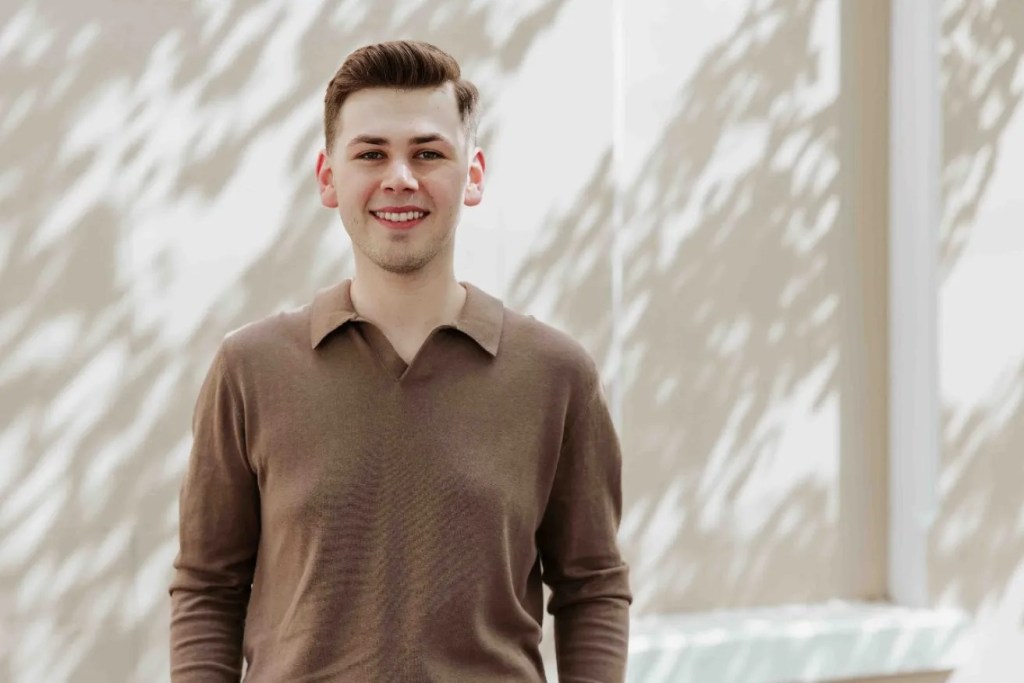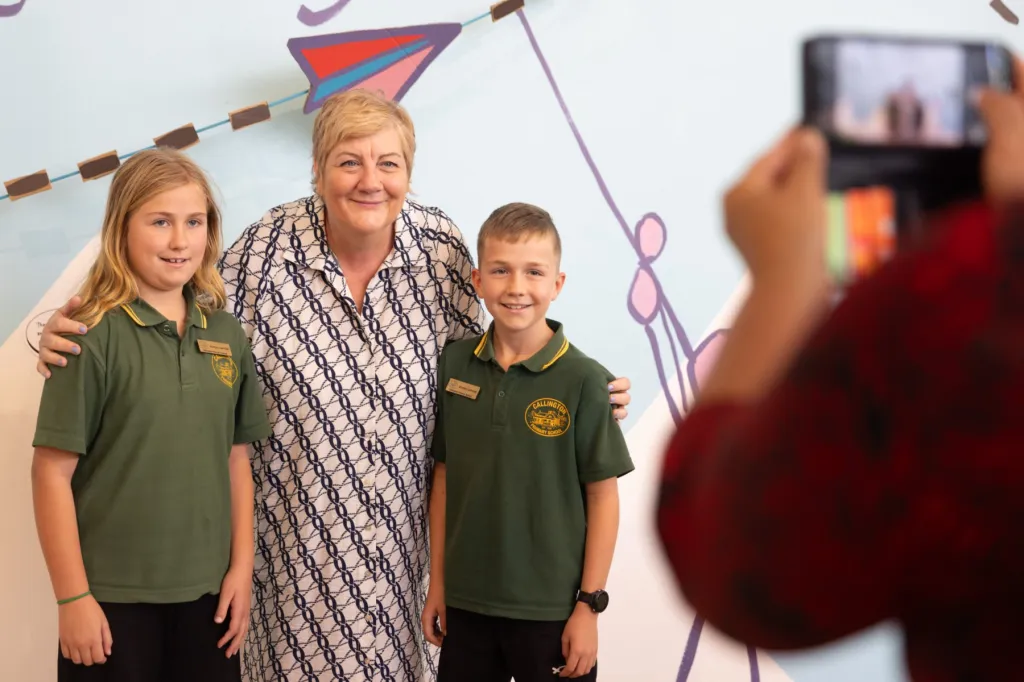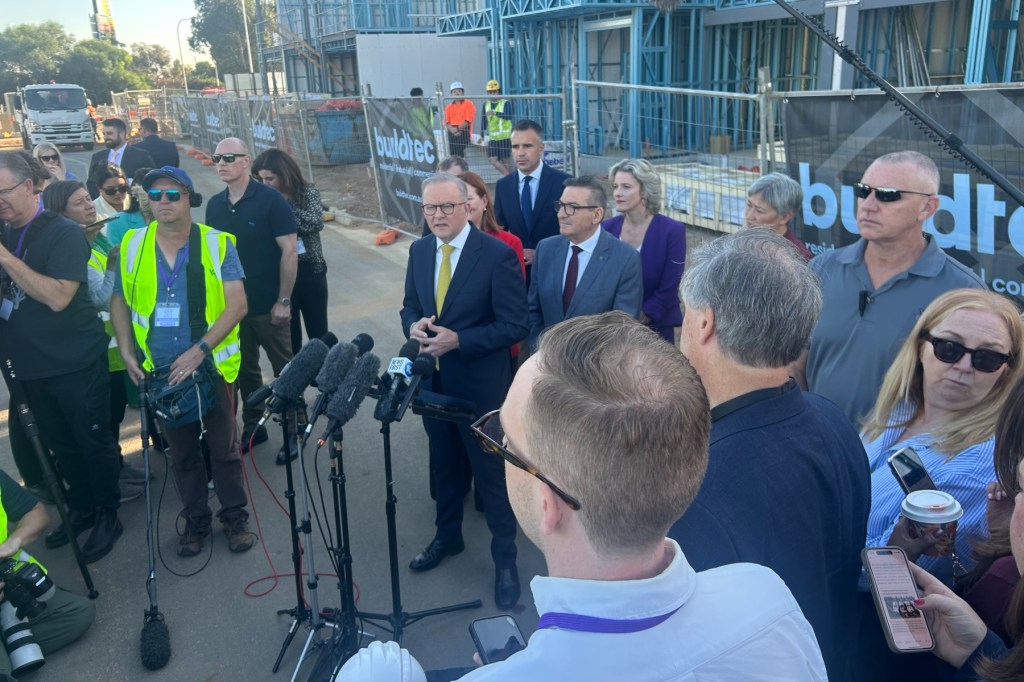Putting kids first in South Australia’s family violence reforms
South Australia has the opportunity to lead the way and create a system that doesn’t just speak for children, but one that listens to, includes and most importantly supports them, writes victim survivor advocate Conor Pall.

In 2016, Victoria embarked on a historic reform agenda with the nation’s first-ever Royal Commission into Family Violence. It was a defining moment in decades of work to address a crisis that continues to impact millions of people across our nation.
But despite this, children and young people remain largely unseen, unheard and ignored in the conversation. While Victoria’s Royal Commission brought forward important, world-leading work and investment, only a small number of recommendations have had material impact on children. There was only a small focus on children and young people, and their distinct risk factors were left almost entirely unaddressed.
I don’t want to see that happen in South Australia, and that’s why I am pushing hard for the voices of young people to be heard in the current Royal Commission into Domestic, Family and Sexual Violence. I’ve met with Commissioner Stott Despoja AO, and I am pleased to say that she gets my point.
I am a young victim-survivor, and I know what it feels like to be invisible in the systems designed to protect us.
When I was growing up, family violence wasn’t just something that happened at home – the experience and trauma followed me everywhere, like a shadow. And, like many others, I held the frustration of knowing that the system wasn’t equipped to see or hear me, as a child.
I am not alone in this experience. It is an all-too-common story shared by too many children across Australia.
In the Victorian Royal Commission, overwhelmingly, children and young people were not heard in our own right. Although the commission acknowledged that “the current family violence system fails in responding to them,” it did little to change that reality.
The system continues to shut children and young people out, and only four out of the 227 recommendations were directly focused on our experiences.
Across Australia, family violence systems were built without the diversity of victim-survivor experience in mind.
Children and young people form part of this diversity. Even now, kids bear the burden of breaking the cycle of violence while being given little support. We’re stuck on year-long waiting lists and left to navigate inaccessible, overcomplicated systems. This is a burden that no child should have to carry alone.
That’s why the consultations happening now as part of South Australia’s Royal Commission into Domestic, Family and Sexual Violence are so important.
Stay informed, daily
They offer an opportunity to build upon Victoria’s work to end family violence. Listening to children now will not only make the reforms stronger but also support the next generation to grow up in a world where they don’t have to carry that shadow alone.
This time, it has to be different. We need a whole-of-system, whole-of-community, and whole-of-government approach that recognises children and young people as victim-survivors in their own right. Violence against women and children is everyone’s business, and that means building a system that places children at the centre and places those who are to blame in frame.
The way forward must be built on pillars of hope – the hope that comes from leaning in and learning from the voices of young people. If we can do that, the reforms that come out of this Royal Commission will be grounded in the diversity of victim-survivor experience. They’ll mean change and safety, and a future where every child can live free from fear.
Conor Pall will be joining 130 kids from across the state at the Royal Commission’s Student Summit in Adelaide tomorrow.








